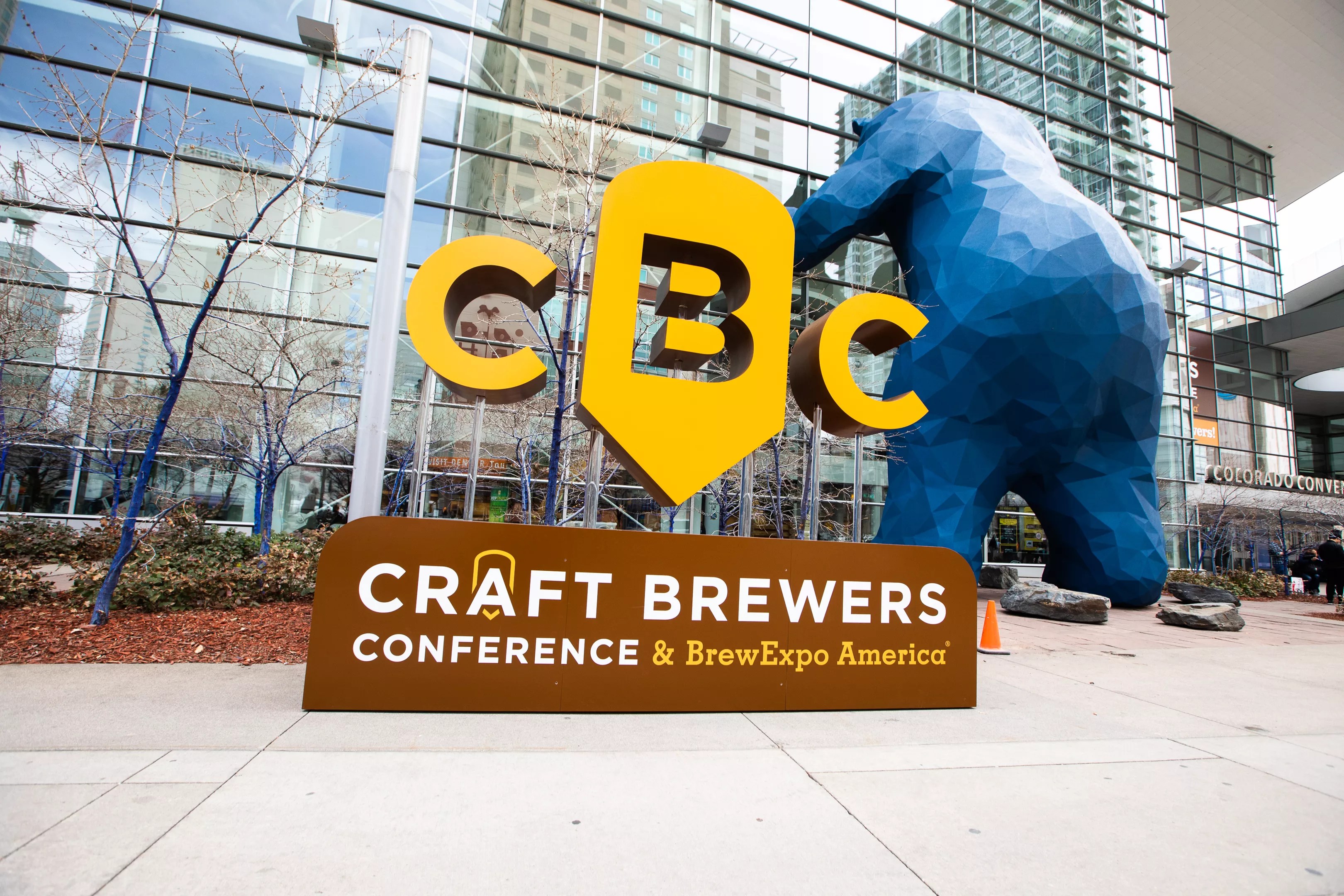
The Brewtography Project for the Brewers Association

Audio By Carbonatix
After being canceled at the last minute in 2020 because of the pandemic and then postponed by six months in 2021, the Craft Brewers Conference will finally take place on September 8 in Denver.
The three-day conference, which rotates between cities, includes a huge trade show, educational seminars, lectures, roundtables and events for craft-brewing professionals. Hosted by the Boulder-based Brewers Association, CBC typically dives into – or at least touches on – the big issues of the day, whether they involve business, competition, technical standards or social issues. But the world is a very different place now that it was the last time that brewery owners, brewers and employees hung out in person at the CBC way back in April 2019, which also happened to be in Denver that year (the 2020 event was to be in San Antonio, while this year’s was originally scheduled for San Diego). And that is clear from this year’s agenda.
Although many of the typical seminars on topics like how to export beer overseas are on the roster, the BA has steered toward more difficult subjects in beer, like diversity, sexual harassment, mental health and how to survive in a post-pandemic world. In fact, there’s a whole series of workshops called “a bystander’s role,” dedicated to decreasing inappropriate communication in the workplace. In addition, this year’s group of speakers and presenters is by the far the most diverse in the conference’s history.
The BA certainly has its work cut out for it. There are more questions than answers these days, starting with whether this conference should even be taking place. Many festivals around the country are being canceled again, as they were in 2020, owing to the rise of the Delta variant of COVID-19. Attendance this year is expected to be around 7,000 people (if that), about half the usual size. Even so, the organization is not requiring proof of vaccination or even masks (though they are strongly encouraged) to attend.
But beyond that, here are eight other topics facing craft beer right now, and many of the ensuing questions:
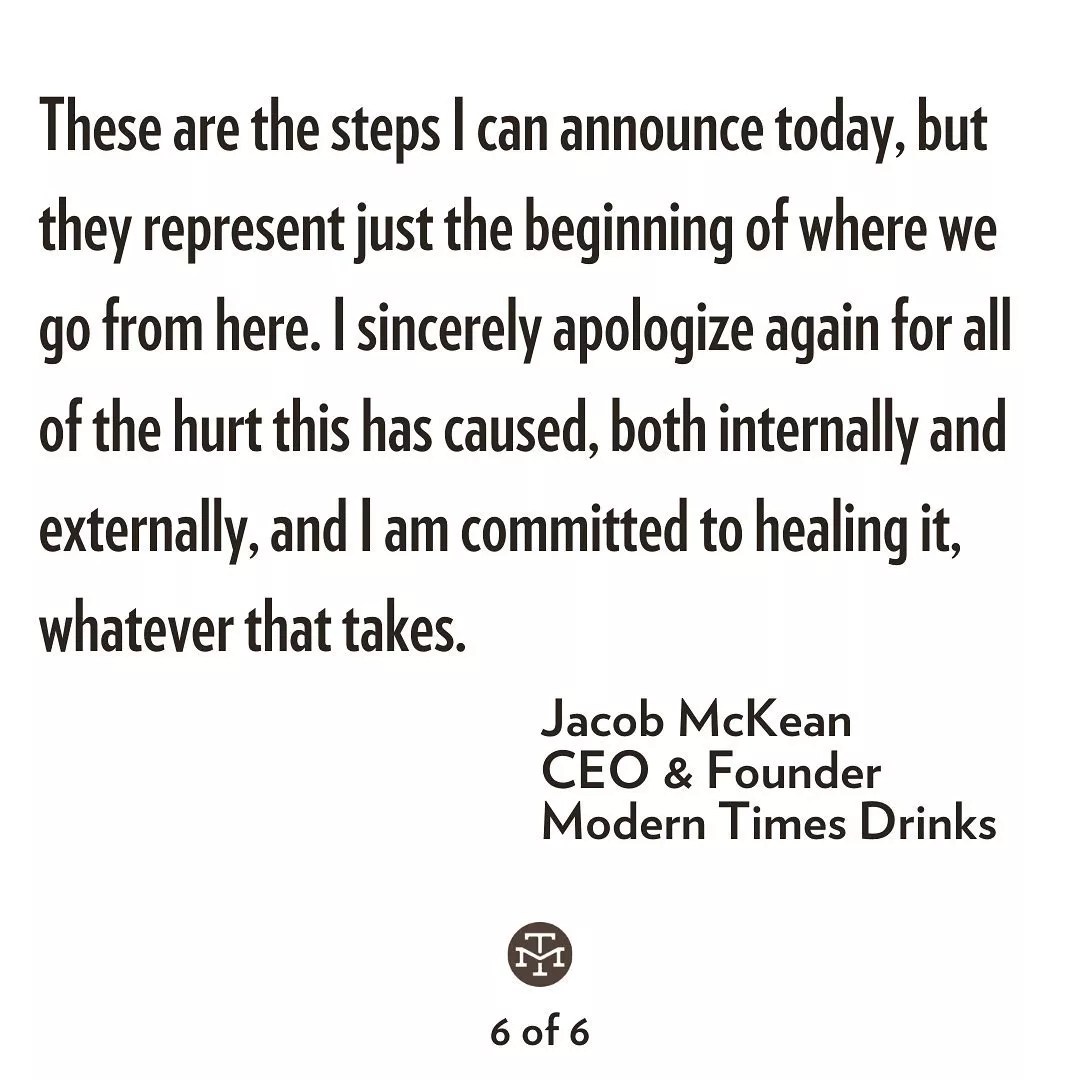
One of many apologies that resulted from the @ratmagnet callouts.
Modern Times Facebook page
Sexual harassment
In May, brewer and Instagrammer Brienne Allan (@ratmagnet) created a tidal wave in the industry when she asked women to send in stories of sexual harassment or assault and received thousands and thousands and thousands of replies (they are still coming in, by the way). But this time, the women named names, both of the breweries and the individuals. The most dramatic result of this was the number of men – many of them high-profile – who were fired or stepped down from their jobs. But there were other changes, too, as brewery owners nationwide asked themselves tough questions. Since then, policies have been put into place and investigations have been reopened. Will it be the start of real change, or will things go back to normal? The former will require unprecedented cultural change.
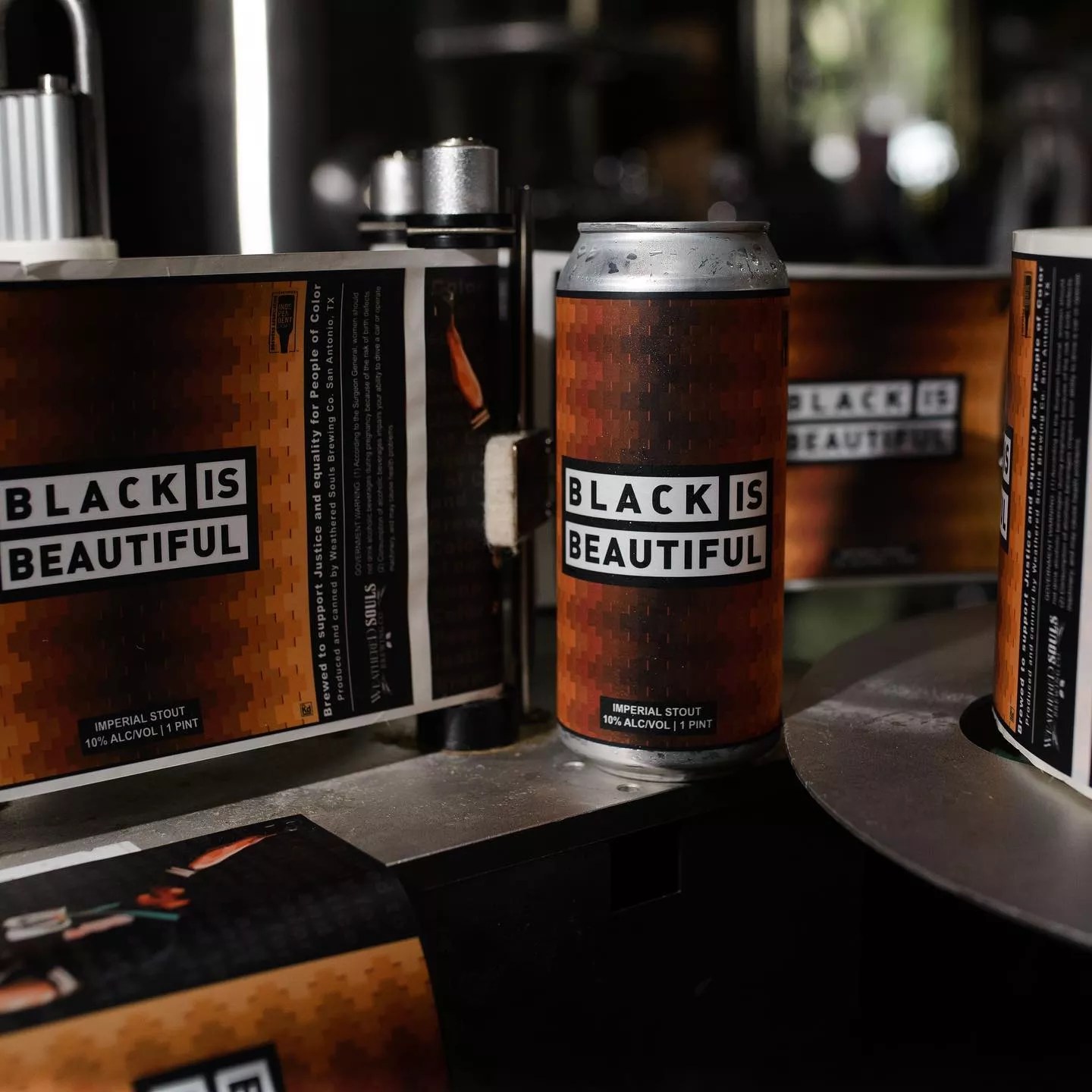
Thousands of breweries joined Weathered Souls Brewing to make a beer that raised money for equality causes.
Weathered Souls Brewing
Diversity and inclusion
In 2020, the murder of George Floyd sparked protests, marches and discussions about the issues of racial equity and justice. But the conversation and the introspection didn’t stop there, because the moment was right to talk about equity and inclusion across all facets of society. This included breweries and the Brewers Association, which, like many other organizations, was struggling with what to do about the lack of diversity within its industry, not to mention basic racism (and taking criticism for its own policies and practices). As a result, the BA changed (possibly just temporarily) the requirements for who can serve on its board, started a diversity mentorship program and re-engaged with its diversity grant program. Breweries themselves, which wanted to do more than pay lip service to the notion of diversity, reached out to help recruit staffers that looked different than the owners. Some created minority brewing scholarships and donated money. The fires have died down somewhat, but the issues remain on the forefront.
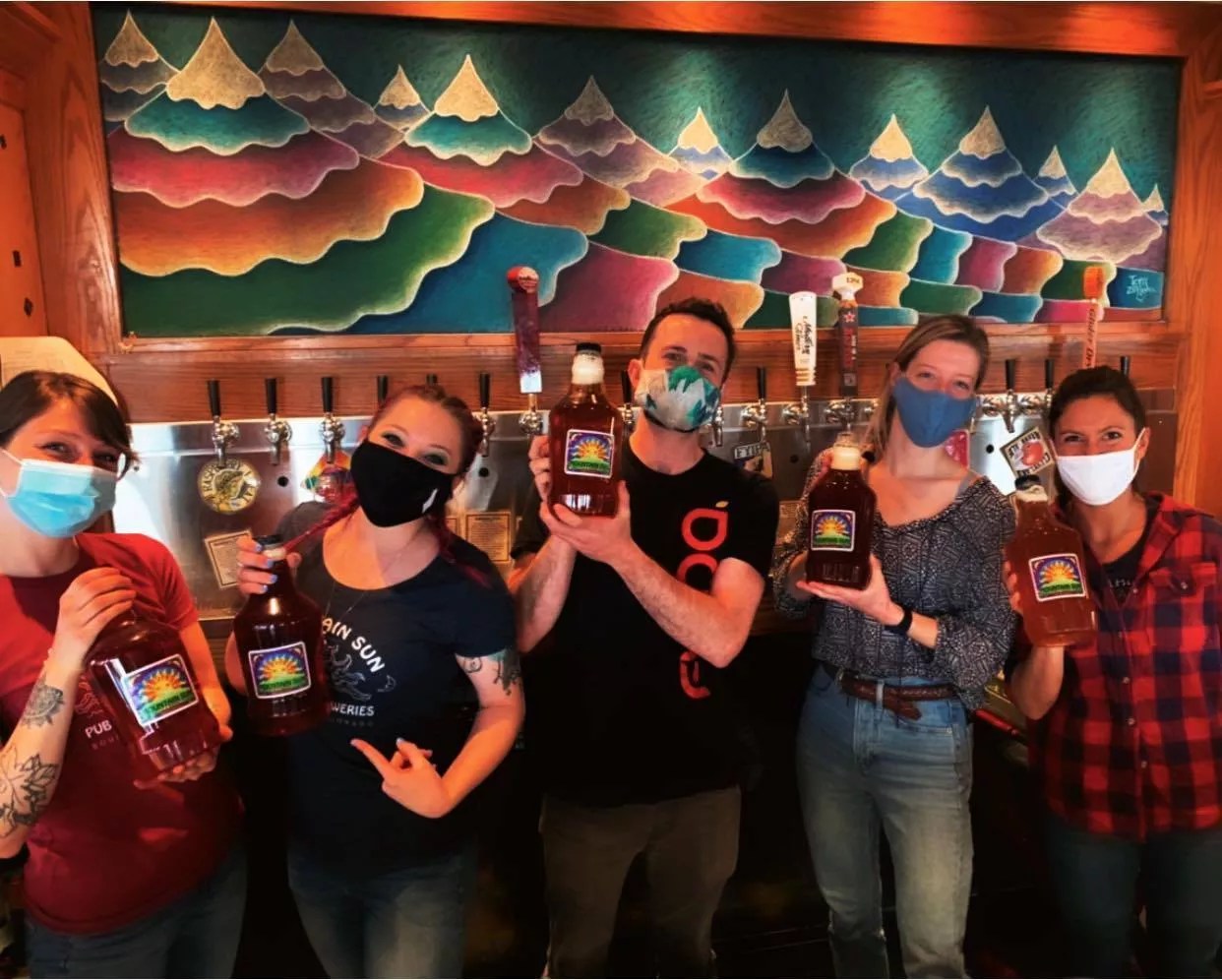
Mountain Sun is one of breweries that are hiring.
Mountain Sun Pub
Livable wages
When pandemic restrictions forced service-industry businesses across the country to close or switch to limited hours, most breweries, restaurants and bars had to lay off or furlough employees. Luckily, federal and local safety nets, in the form of emergency unemployment support, were there to help. But when these businesses were finally able to reopen at close to full capacity, the employees didn’t come back. Where did they all go? Well, many remained on unemployment while keeping themselves safe, while others decided that it was time to move on, to change careers, to find something that paid better wages, provided more stable health insurance and didn’t put them front and center on the lines of America’s culture wars over masks, mandates and vaccination. The result has been a massive employee shortage that has hurt some breweries just as badly as the initial shutdowns. The Mountain Sun Pub group, for instance, took its time reopening its restaurants, and still hasn’t reopened its Vine Street Pub in Denver, despite offering good pay. What’s the answer? It probably involves a livable lifestyle more than just livable wages (see below), but the brewing industry may have a reckoning on its hands.
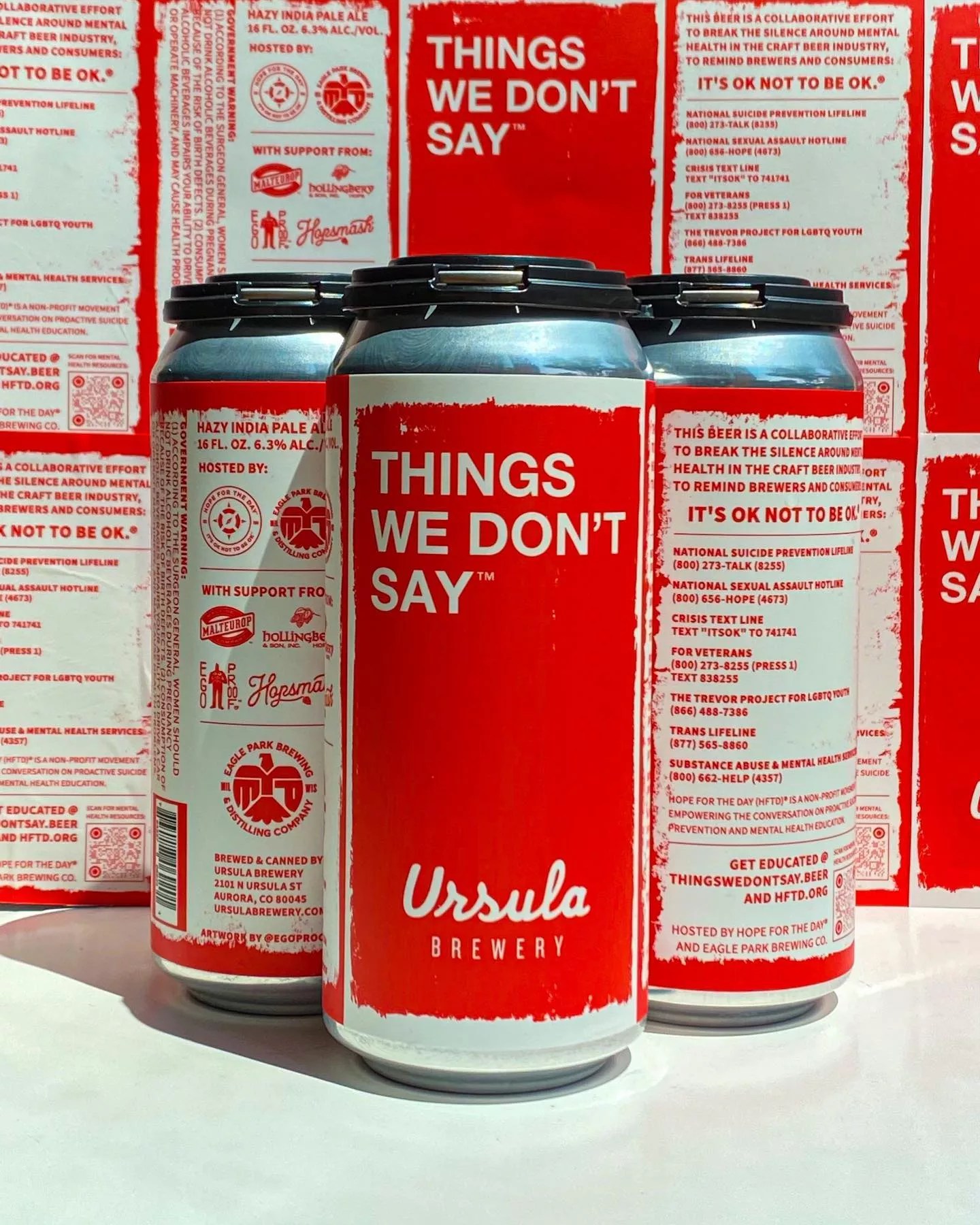
Ursula Brewery
Mental health
One of the most difficult things to talk about in any industry that sells alcohol is what to do about alcoholism, not to mention self-medication. Even more difficult is the way in which alcohol and a late-night lifestyle can affect mental illnesses like depression and bipolar disorder. In 2020, the pandemic left many people in a position of crisis, resulting in everything from people leaving the industry to suicide. Several breweries across the country participated in the Things We Don’t Say program, which raised money to support organizations that provide proactive suicide prevention and mental health education. More recently, other voices have spoken up as well about the sensitive topic, including Olympic athletes. “It is not always clear who is responsible for the mental well-being of employees, and that question has only become more confusing with COVID-19,” the Brewers Association says in the description of one of its CBC seminars taking place this week. Can the alcohol industry also create a supportive work culture? It will need to.
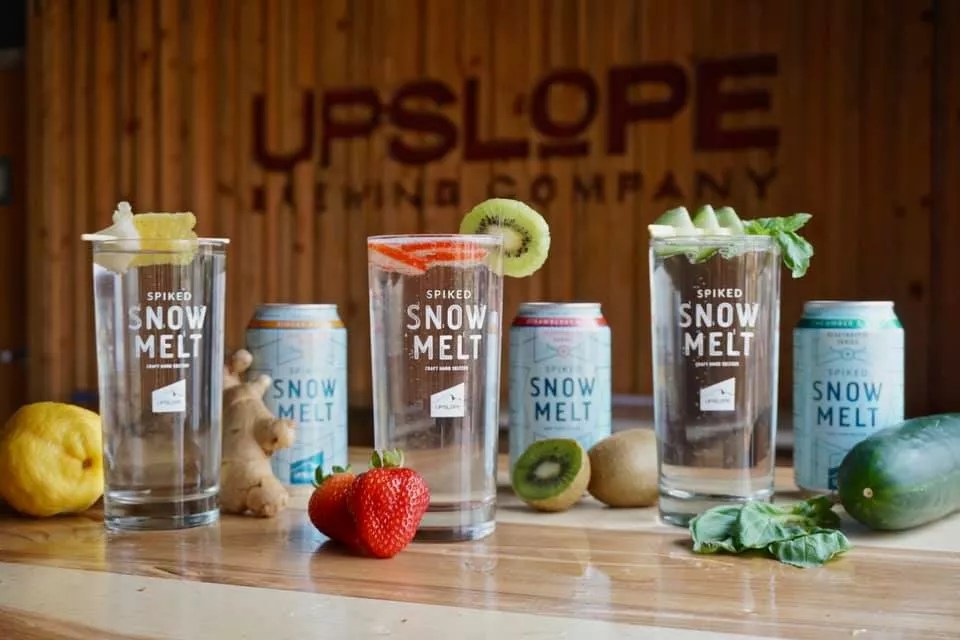
Upslope Brewing in Boulder is one of many breweries that now produce hard seltzer.
Upslope Brewing
Is beer still relevant in and of itself?
A few years ago, a trip to the brewery meant beer and beer alone. Very few offered gluten-free options like cider, and fewer still had non-alcoholic options. That changed quickly. Today, most breweries have some sort of non-beer option, typically hard seltzers (brewed on site), ciders and even gluten-free beer. Others are experimenting with hard tea or “water,” CBD beverages and kombucha. Odell Brewing even opened its own winery, and some breweries are considering a move into whiskey or other distilled drinks. The upshot is that breweries have become beverage companies, and this diversification may be the only way to survive the next few years. With that said, state regulations may be needed again when it comes to what these companies can produce, while industry organizations, like state brewing guilds and the BA itself, may, at some point, have to change their own focus to one that goes beyond beer.
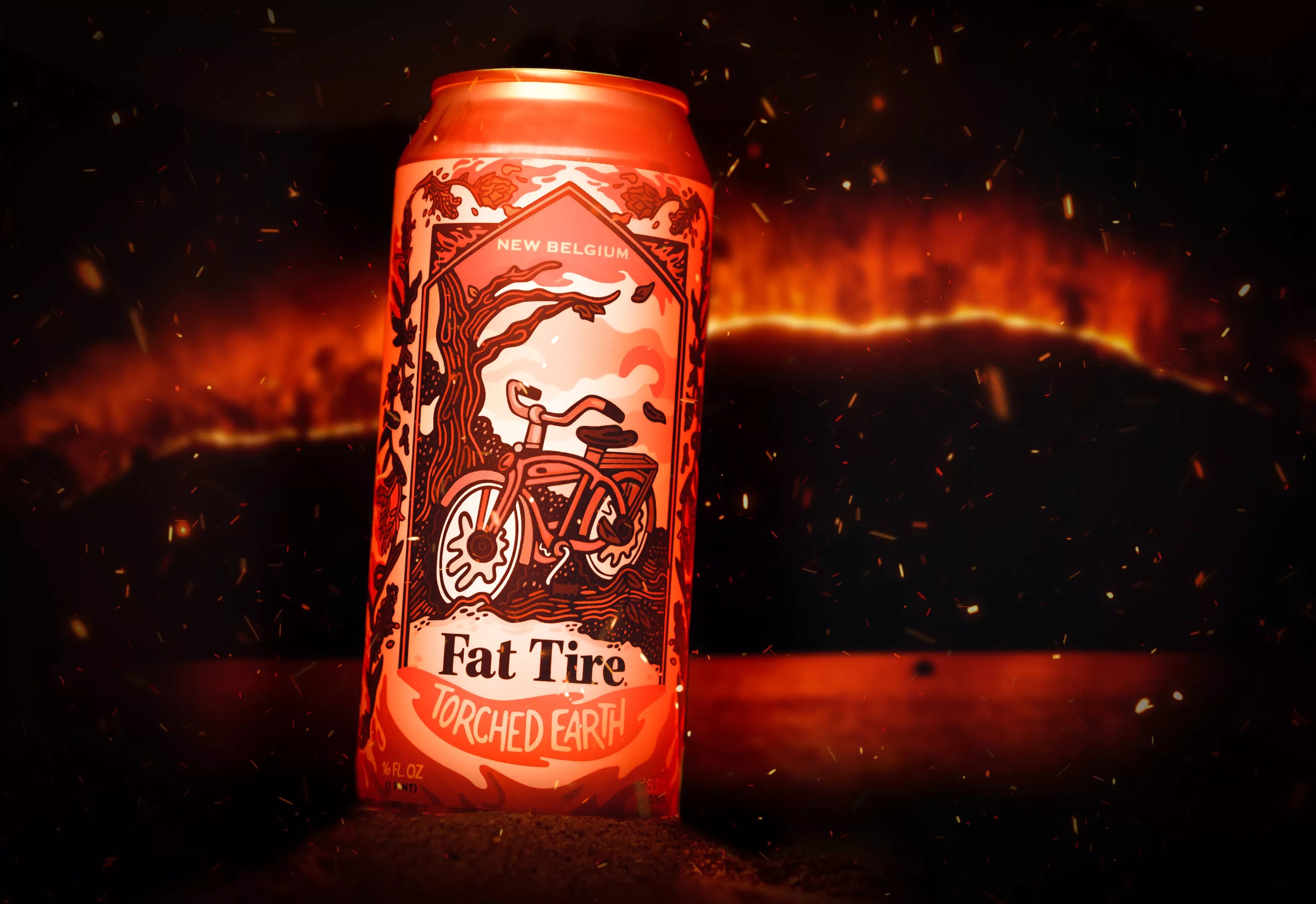
New Belgium Brewing
Climate change
When New Belgium Brewing launched Torched Earth Ale, its terrifying PR gimmick/environmental warning, in April, we weren’t yet throwing around terms like “heat dome” and “pyrocumulonimbus cloud.” But as massive fires once again enveloped northern California and the Pacific Northwest while temperatures blazed into the 110s, the residents of Earth were once again reminded that climate change is here. Brewers have known that for a while, but things are getting more and more real, from looming malt shortages to smoke-tainted hops to disappearing water sources. Torched Earth, which was brewed with smoke-tainted water, dandelions and drought-resistant grains, symbolic of what might be available in what New Belgium called “a climate-ravaged future,” supposedly tasted terrible (I couldn’t bring myself to try it). PR gimmick? Maybe. Real-world problems? Yes, and they’re here to stay.
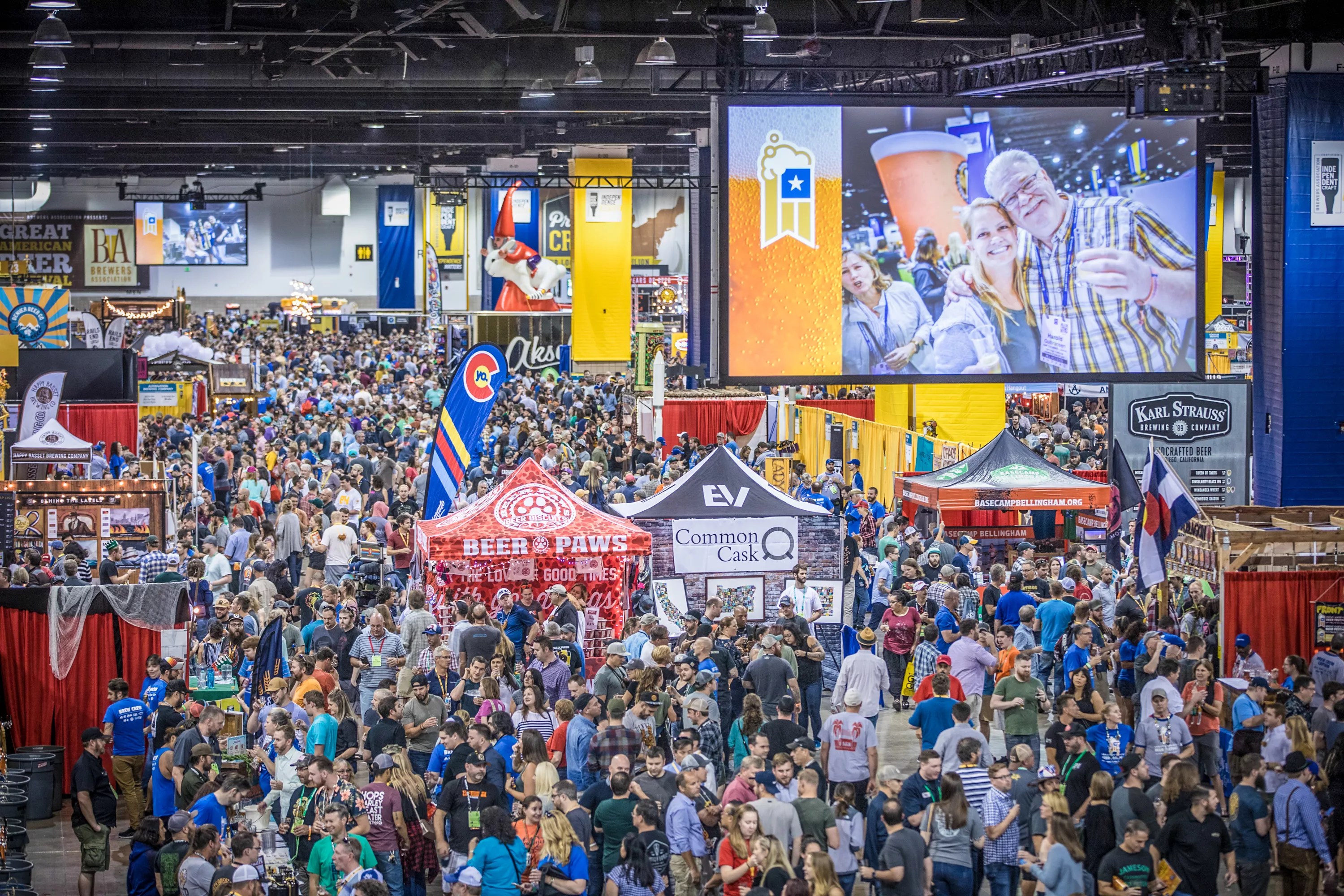
Brewers Association
Will GABF return – and if so, in what form?
To the relief of many and the disappointment of others, the Brewers Association canceled the Great American Beer Festival for the second year in a row in 2021 – once again pointing out that hosting tens of thousands of people indoors isn’t the safest idea. This is especially true since most will be mask-less as they drink and share beer, getting drunk and talking and coughing into each other’s faces. Ew. Organizers promise the fest will return in 2022 for its fortieth anniversary, October 6 to 8. But will it? The BA has shifted more and more toward its lobbying and technical side in the past two years after laying off many staffers during the pandemic – and away from the consumer side. In addition, GABF has looked sorely in need of revamping for some time. And then there’s that thing about being talked and coughed on. So I wouldn’t be surprised to see the BA sell GABF to an outside events company or scale it way down or drastically change the format in some way. If it does, an era would come to a close.

Joyride Brewing had to quickly develop different ways of selling beer during the pandemic.
Joyride Brewing
Heading into a weird future
Running a brewery requires a vast set of skills – most of which do not involve brewing or drinking beer. In the course of a day, owners, brewers, managers and employees have to be master plumbers, psychologists, salespeople, lawyers, janitors, Instagram influencers, detectives, electricians, accountants, truck drivers and logistical magicians. Fail at any of these roles and you threaten the viability of the business. Daunting? Yes, it is. But 2020 and 2021 added a whole new set of hats, including health care expert, packaging specialist, political pundit, web designer, restaurateur and IT specialist. And things are only getting more complex as breweries try to juggle their taprooms with packaged sales, aluminum shortages, customer abuse, employee shortages, direct-to-consumer sales, and outdoors spaces in the winter. As a result, it’s amazing that the number of breweries in the United States continues to grow. Will this continue, or will a significant number of people give it up? For many, the headaches may outweigh the buzz.